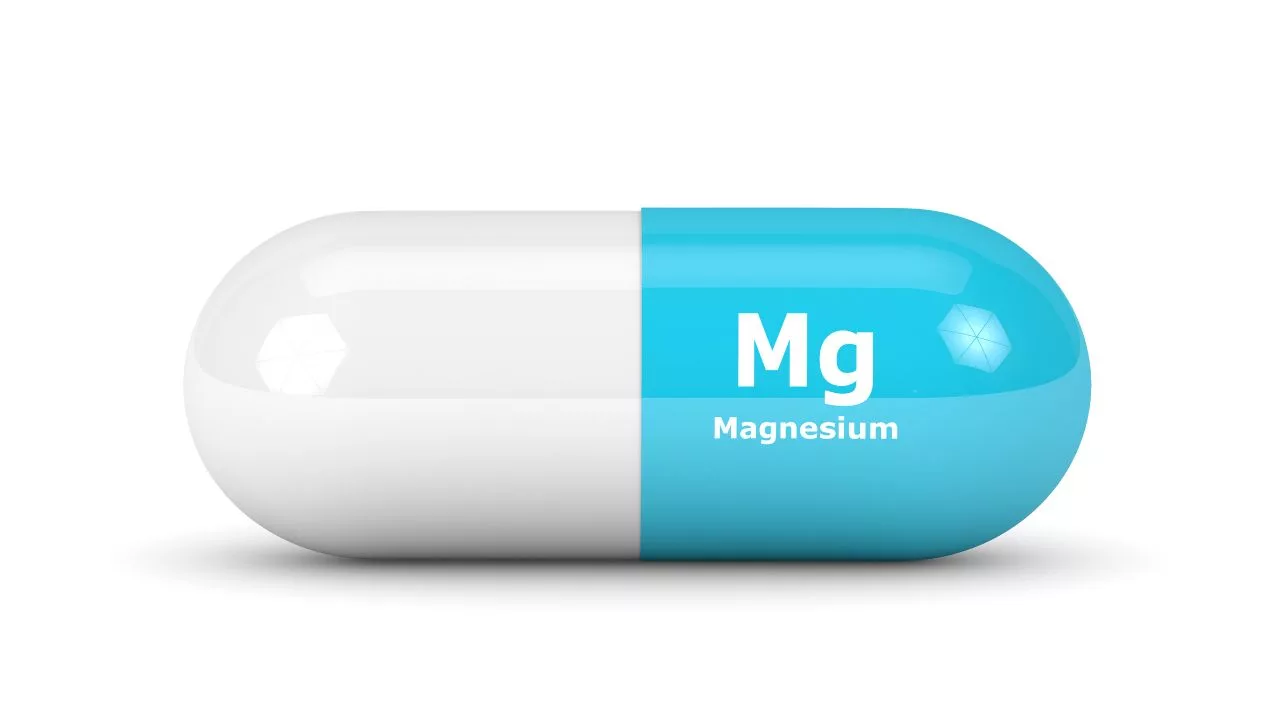Many of us do not get enough magnesium in our diets. A few servings of foods that are high in this mineral can meet your needs for this vital nutrient. However, if it is difficult for you to obtain this mineral from food, then you might consider reaching for a supplement. Are magnesium supplements safe?

Is It OK to Take Magnesium Every Day? Are Magnesium Supplements Safe?
I take magnesium every day. I use it to ensure that I will not suffer from constipation. A naturopath recommended it to me.
Taking this supplement each day is not unsafe. The maximum daily allowance is around 40 mg or less.
Even though it is generally safe, make sure that you talk to your doctor about taking it every day. Keep in mind that this mineral can decrease the absorption of some medicines.
If you don’t like taking supplements (just like my sister), you may consider eating foods that are high in this mineral. These would include the following:
Seeds and nuts, like pumpkin seeds, almonds, and cashews.
Don’t forget your leafy greens, such as kale, spinach, and collard greens.
Whole grains are also high in this mineral, including brown rice and oatmeal
Beans and legumes must also be part of your everyday diet, especially black beans and kidney beans.
If you are not lactose tolerant, you may consider yogurt and certain milk as they are high in magnesium
Fish, too, is high in magnesium, especially salmon and halibut.
Is There Any Downside to Taking Magnesium?
Low levels of this mineral do not cause symptoms. But if you have chronically low levels, then it would definitely cause some medical issues, like high blood pressure, heart disease, and type 2 diabetes. It may also lead to osteoporosis.
For healthy adults, too much of it is not a concern. But if you take too much of it, you will suffer from diarrhea and abdominal cramping. This is what happened when I took magnesium supplements for the first time.
I took 2 caps after every meal, amounting to 6 caps every day for three days. The result? I experienced diarrhea. But my naturopath said that it was good for my body as it cleanses away the toxins.
After three days, I limited my intake to two caps a day. The diarrhea has stopped and my bowel movement has become regular ever since.
I have no problem moving my bowels as long as I take this supplement.
However, I can’t say the same to you. That’s why it is best that you check with your doctor if you are planning to take this supplement every day. This is especially true if you also take antacids or laxatives that contain magnesium.
Who Should Avoid Magnesium Supplements?
If you have diabetes, intestinal disease, heart disease, or kidney disease, you might want to speak with your healthcare provider first. Do not take this supplement if you suffer from a certain chronic medical condition.
What is the Safest Magnesium Supplement to Take?

As long as it is manufactured by a reliable source, you will be all right. However, it is the dosage that really matters. And the form of magnesium that you want to take.
Magnesium Glycinate
One of the most popular forms of magnesium is magnesium glycinate. It is combined with glycine, which is a type of amino acid. It is absorbed better and it does not cause digestive distress.
It is typically in capsule form or powder form. Some would choose the powder form because you only need to take a little amount and mix it wither water. The water works well because this mineral draws water into the stool to help with your digestion.
Magnesium glycinate may also affect our neurological health. Taking it every day may improve your depression, anxiety, and memory loss.
If you are low in this mineral, you may suffer from more mental health issues. But blood tests have not proven it.
But if you look for a magnesium option that can provide you with the most calming and restful effect, then this form of magnesium may be a better option.
Magnesium Citrate
Another form of magnesium that you want to try is magnesium citrate. It is more affordable and your body absorbs it well. It also loosens the stool if you suffer from constipation.
It offers a calming effect. However, it is not quite as much as you would get from the previous form discussed above. This is the reason magnesium citrate products are promoted to help users relax.
This is also the form of magnesium that you want to take if you want to prevent migraine. You may need a high dose of this mineral if you want to prevent or lessen migraine symptoms.
However, you should still consult with your doctor about supplementing your body with magnesium citrate to prevent migraines. As mentioned, one of the symptoms of overdosing on magnesium is digestive discomfort, especially diarrhea.
Taking excessive magnesium may also cause an imbalance in calcium levels. For that reason, many supplements add calcium to the formula for balance. This is suitable if you are taking higher levels of this mineral.
Magnesium citrate is also known to help in PMS symptom management. Researchers found a mild reduction in PMS symptoms after taking magnesium citrate orally. This makes sense because a woman’s magnesium and calcium levels fluctuate during her menstrual cycle.
Researchers believe that magnesium levels are deficient during the premenstrual phase. And adding this mineral to the mix may reduce symptoms.
Magnesium Oxide
The most common form of magnesium that you can find at many grocery stores is magnesium oxide. Studies showed that this form of magnesium is absorbed worse than the other forms of this mineral discussed above.
Because it is absorbed poorly, you may need to take a higher effective dosage. Because you need a higher dosage, you are likely to experience digestive discomfort.
Magnesium Carbonate
Another form of magnesium worth mentioning is magnesium carbonate. You can find it in many antacids because the carbonate turns into magnesium chloride in the stomach which offers soothing effects.
Taking It Every Day
Magnesium supplements are generally safe to be used every day. However, it is important to take the right amount. For most adults, 350 mg daily is the safest.

Speak Now ... Or Forever Hold Your Peace